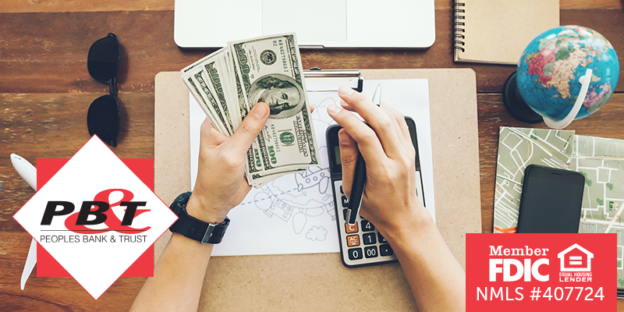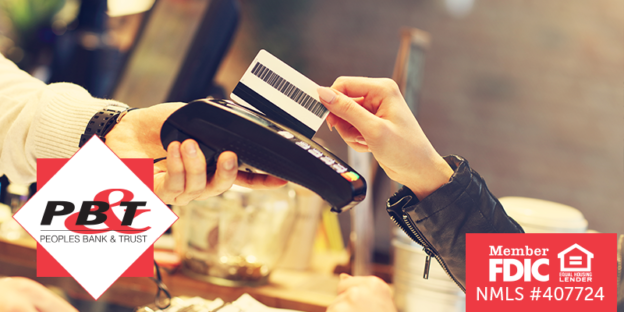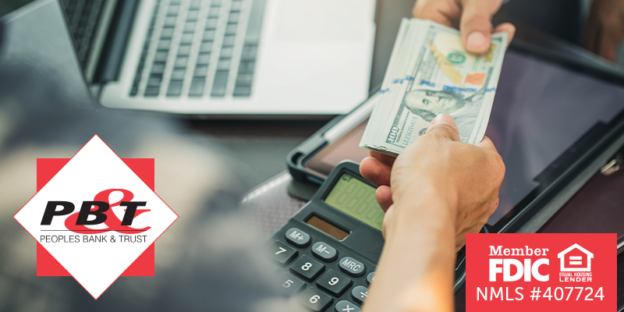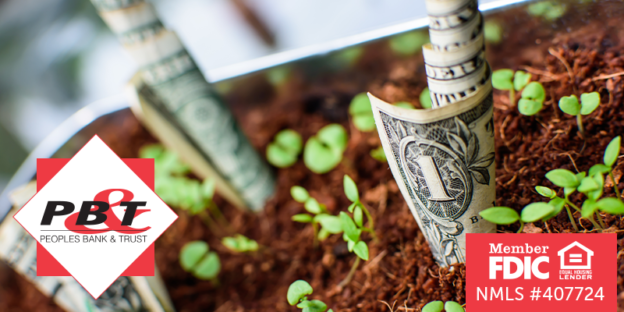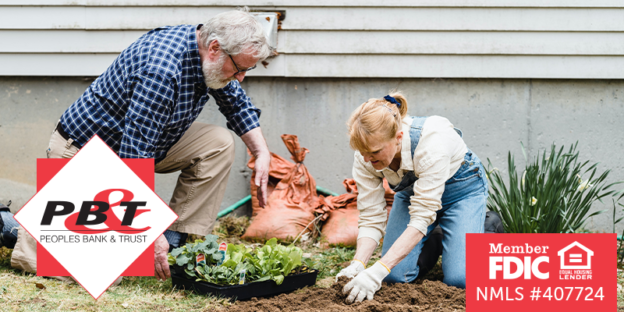Teaching a teen to save can sometimes be a struggle as they do not necessarily understand the benefit. Whether your teen is years away from getting a job or heading off to college, teaching them the benefit of saving now and how to effectively do so will hopefully help them avoid learning tough lessons later in life. Enjoy these tips on how to effectively teach a teen to save!
Make Saving an Expectation
Learning about saving is one thing, but implementing it as soon as possible is the key to their financial success and habits moving forward. If your child is under 18 and living under your roof, you still make the rules and have the opportunity to show them good savings skills.
Your child may be very involved in schooling or extra-curricular, so having much of an income could be a struggle. Creating your own saving rules to give them an opportunity to choose how they spend and save their money is great practice. Some parents have found success making a rule that a percentage of their earned income (chores, gifts, etc.) go into their savings that they do not touch.
Incentivize Your Kids to Save
We all feel more open to meeting a goal when there is an incentive involved, and this can be a great tool to use as building their savings is a reward in itself. As you create and implement your savings rules, consider what you are willing to do to incentivize them to stay on track. Here are some incentive ideas:
- Match what they save each month.
- Match a percentage of what they save each month.
- Track their savings over time and match when they hit a goal.
- Give them chores to earn more to save.
Introduce a Budget
Teens can often have a lot of wants and feel restrained as they do not have much of their own to spend. This is a great opportunity to allow them to earn their wants but also prioritize their savings. Introduce a budget and give them a chance to be in control of their spending. This allows them to allocate what they feel is reasonable to spend on wants, but also see that if they spend it all they have nothing to set aside to save.
Push them to track their weekly spending. If your child earns an allowance or money through household chores – this is not all for wants to encourage them to determine their budget based on income, expenses, and what they allocate to save. They will also learn to budget for the fun stuff or wants they have coming up, rather than spending it all at that time.
Push Your Teen to Earn Their Spending Money
We all can agree that kids most definitely cost us money, but you are in control of how easy it is for them to obtain it from you. Incorporate ways for them to earn money to spend. When teens are given money freely, they often do not see the benefit of saving in the short and long term. As they begin to save and earn their spending money, they will see the reward when things come up they want in the future and will feel much more in control.
Let Them See Your Saving Habits
Your kids tend to learn habits from their parents as they grow up, so it is important for them to see your savings habits. Sometimes it is beneficial for them to see how you save with real-life examples, whether that be from your budget, retirement account, savings, etc.
Get your teen excited about saving with these helpful tips! Peoples Bank & Trust is here to help you throughout this process to get them the checking or savings account they need to be successful. Start teaching your teen the benefits of saving today so they make it a priority throughout their own lives.
Peoples Bank & Trust Co.
Member FDIC
Equal Housing Lender



